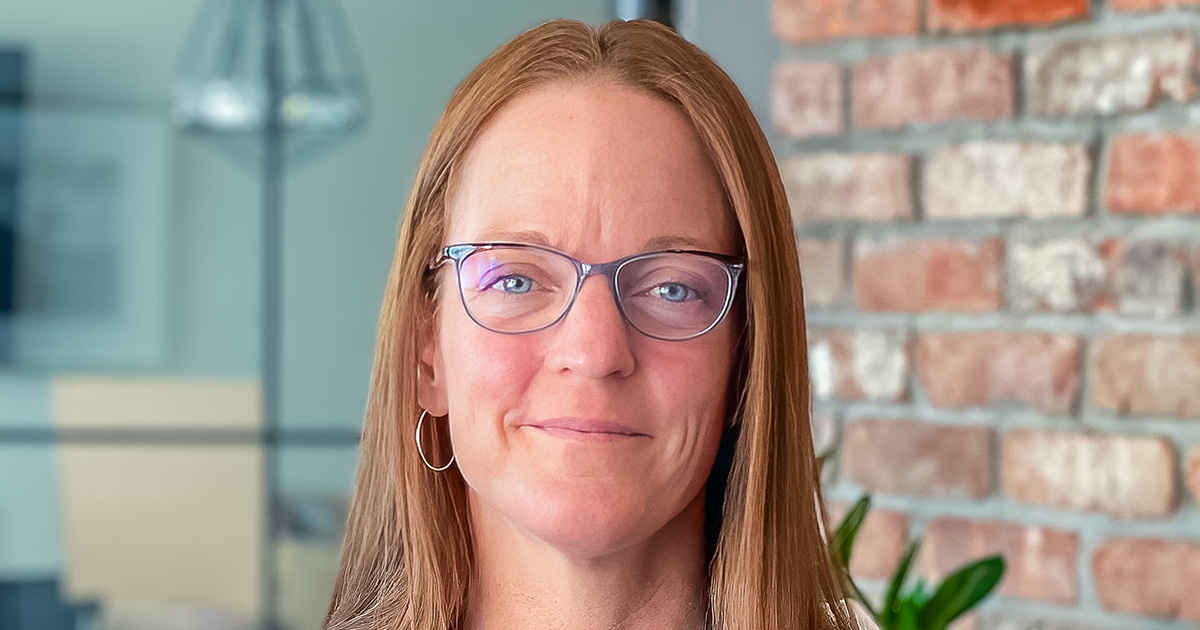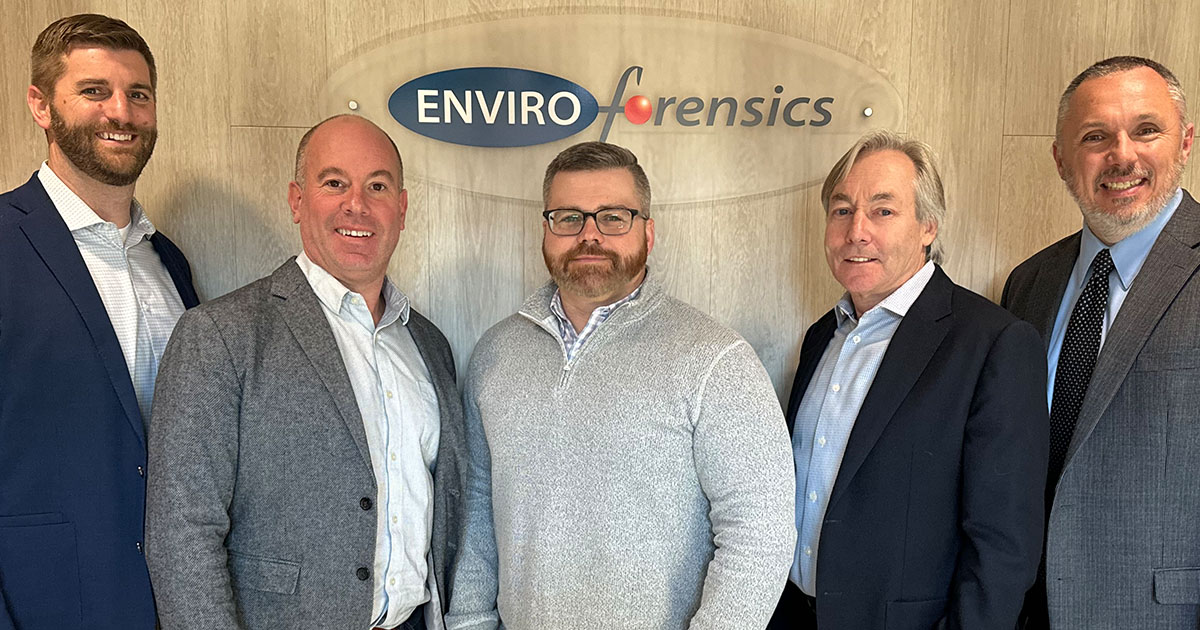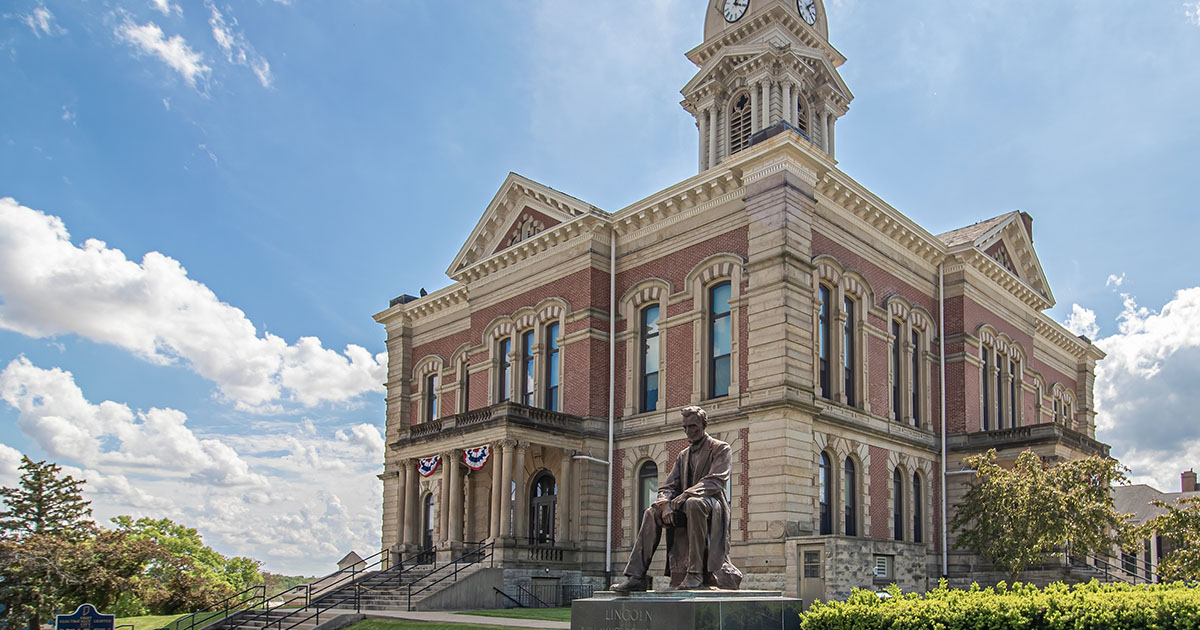SAVE TIME AND MONEY BY HIRING THE RIGHT ENVIRONMENTAL CONSULTANT

BY: STEPHEN R. HENSHAW
I recently changed real estate agents after he was unsuccessful in selling a unique piece of property. My house was nice, but not great. What this property did have was a fantastic view, but a buyer had to physically get up to the house to see it first. In the end, I felt that my original broker didn’t have the right ideas to sell my unique situation. This concept of needing that special expertise can apply to a small business owner hiring an environmental consultant.
THE 3 COMMON MISTAKES THAT SMALL BUSINESS OWNERS MAKE WHEN HIRING AN ENVIRONMENTAL CONSULTANT
There is arguably no bigger issue for a small business owner to deal with than the issue of environmental contamination and liability. Businesses and savings have been lost because the environmental contamination and liability were so expensive. That being said, choosing the right environmental consultant is an extremely important decision. But as important as this decision is, more times than not, a small business owner selects an environmental consultant one of the following ways:
- The consultant is a referral from a friend or an associate;
- The consultant was selected because he happened to be in close proximity; or
- The consultant was perceived to be the least expensive.
In light of the importance of this decision, choosing an environmental consultant based on referrals, location and cost is an amateur’s approach. This article is intended to point out that selecting an environmental consultant should be one of the most important business decisions you are faced with and that there are important differences between consultants. Let’s face it, if a business owner doesn’t know that there are differences between environmental consultants, countless hours and dollars may be wasted, projects could drag on for years and site closure or settlement may not be achieved.
WHAT DOES AN ENVIRONMENTAL CONSULTANT DO?
Let’s first discuss what an environmental consultant does and the difference between the many disciplines of environmental work. Most consultants have areas of focus or specialty areas. Those might include:
- Due diligence projects for banks on the property transaction and refinancing side
- Cleaning up contaminated gasoline stations
- Wetlands and endangered wildlife
- Permitting, compliance, and zoning
- Remediation and site closure of sites contaminated by cleaning solvents and the vapor intrusion that accompanies those contaminated sites
A business owner needs to interview potential consultants to find out what their area of focus is. If your site involves the release of cleaning solvents like tetrachloroethylene (PCE or Perc) or trichloroethylene (TCE), you need to make sure that consultant has that experience and ask how many sites they have worked on, how many they have closed and how long the process took.
HOW MUCH DOES AN ENVIRONMENTAL CONSULTANT COST?
Now, let’s discuss the issue of cost. While it’s easy to get caught up on the labor rates being charged by a consultant, the bigger issue is always, how much out of pocket will this cost your business and over what period of time? Selecting the lowest cost is foolhardy and rarely works out in the end to your advantage. If you go out to bid, what are you looking at? If you start a phase of work, such as a work plan, the collection of soil or groundwater samples, the installation of monitoring wells, reporting, and the like, it is difficult to change plans. A low bid could end up being accompanied by numerous change orders, negating any savings anticipated. I’m not suggesting that business owners select the lowest bid, but I would not go to the cheapest dentist and you shouldn’t choose your environmental consultant on the cheapest basis either.
DOES YOUR ENVIRONMENTAL CONSULTANT HELP YOU FIND ALTERNATIVE FUNDING SOURCES?
Another question to ask is who will be paying for the investigation and cleanup? Are there any funding sources besides your business? Our firm specializes in finding alternative funding to pay for environmental liabilities. Because we specialize in the area of finding alternative funding sources, we always look for these opportunities. We may not always be able to find the funding, but we are successful more times than not and we always look for alternative funding sources.
Oftentimes, business owners have little interest in the science side of environmental liability, so ask the consultant for a road map of the process. Why are you being targeted? Are others contributing? What are the steps to resolve your liability? A consultant doesn’t have a crystal ball and cannot tell you precisely what they will find as the investigation proceeds, but they need to have a road map and a plan of action.
Discuss with the consultant what your financial resources are, because if you cannot afford to get to the end game, you may be better off not starting at all. I believe that business owners need to know what they are facing so they are not surprised. This means you might hear things you do not want to hear. I don’t advocate for bankruptcy, but I’ve seen business owners spend their life savings and then also go bankrupt.
DOES YOUR ENVIRONMENTAL CONSULTANT TREAT YOUR SITUATION WITH THE SERIOUSNESS IT DESERVES?
Selecting an environmental consultant may be the biggest decision for your business, so treat it very seriously. Select your consultant like you would select your doctor. You wouldn’t have a foot doctor working on your heart and you should not have a tank removal contractor working on a solvent spill. Here’s a quick checklist to go over with a potential consultant:
- Find out how many sites the consultant has worked on and how many they have closed.
- Don’t choose a consultant on price alone and don’t choose a consultant because they tell you what you want to hear.
- Be strong and ask tough questions about the investigation and remediation process. (see the link to example questionnaire below)
- Find out if there are alternative sources of funding other than just your business. If the consultant doesn’t have a clue as to what you are asking, run the other direction.
- Understand why you are doing the work and whether you need the site closed to sell the property or the business.
- Ask for a road map and plan of action.
- Find out how committed they are to you.
- Find out if they will work with you on a payment plan.
- Find out if they will conduct work for a lump sum.
- Find out if they can work flexible hours to minimize business interruption.
Download our PDF of 12 questions you should ask an environmental consultant before hiring them
In the end, an environmental consultant works for you and they need to have all of your interests in mind and they need to fight for you as if you’re family. If your consultant is not working out like you believe that they should be, you can change consultants. There are plenty of good environmental consultants to work with, but there may be only a select few that are the right fit for your unique situation.
Contact us to learn more about how we can help you with your unique environmental situation
 Stephen R. Henshaw, Founder
Stephen R. Henshaw, Founder
Entrepreneur and expert on environmental liability, Steve Henshaw has 30 years saving transactions by compelling carriers to cover legal cleanup costs for site owners. Henshaw holds professional geology registrations in numerous states. As the Founder of EnviroForensics, Henshaw has served as a client and technical manager on over 350 projects associated with site characterization, remedial design, remedial implementation and operation, litigation support and insurance coverage matters.
These projects include landfills, solvent and petroleum refineries, foundries, metal plating shops, food processors, wood treating facilities, chemical manufacturers and distributors, mines and quarries, heavy equipment manufacturers, computer manufacturers, and transporters. He has experience in a variety of geological settings including soft sediments, fractured bedrock, glacial outwash, wetlands, and landslides. Henshaw’s expertise includes a strong knowledge of past and current industry practices and procedures, and a hands-on, practical understanding of the fate and transport of contaminants in soil and groundwater. He has also served as a testifying expert on liability issues on behalf of individual landowners and facility operators at several sites impacted by industrial activities and continues to provide technical and litigation support services.



